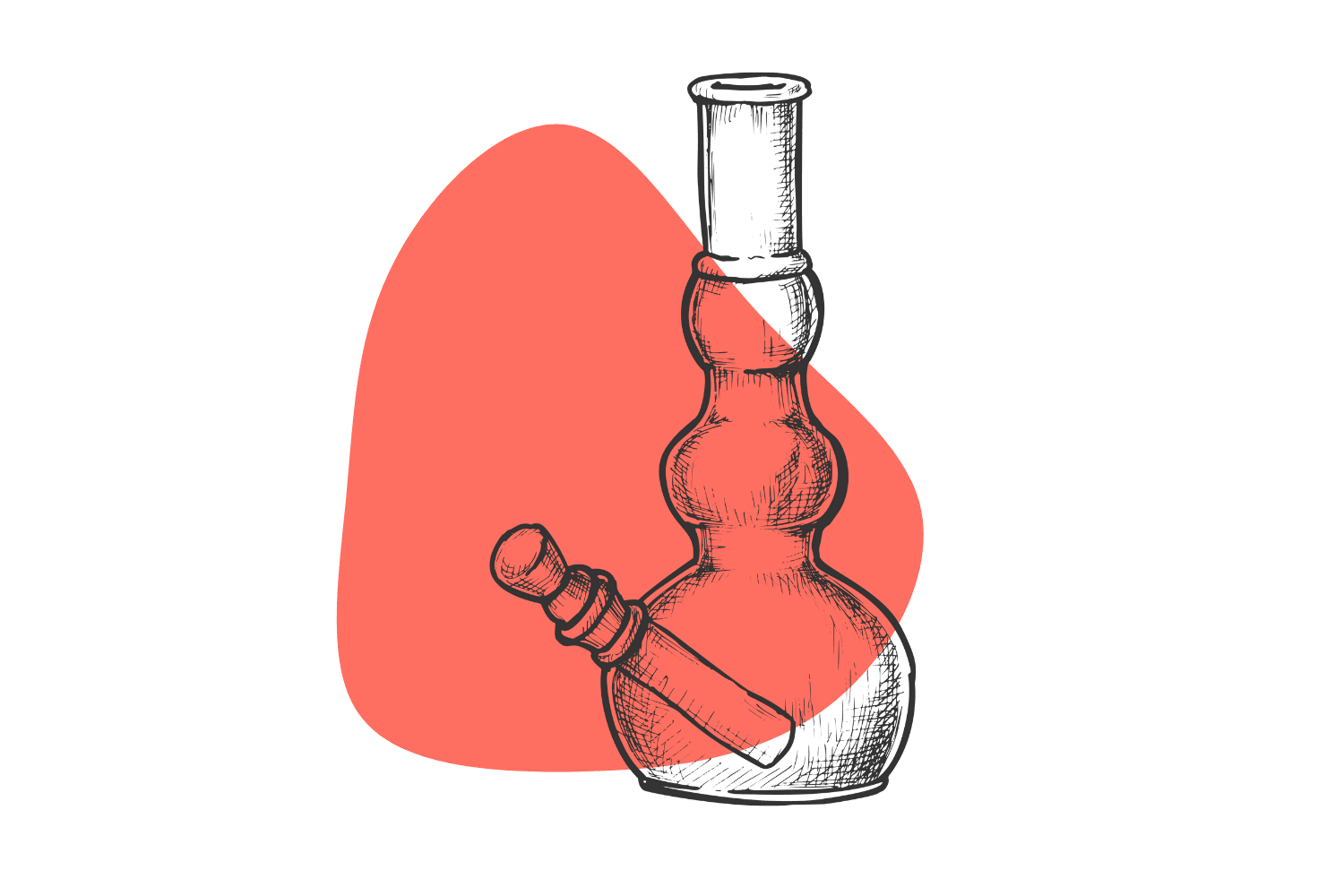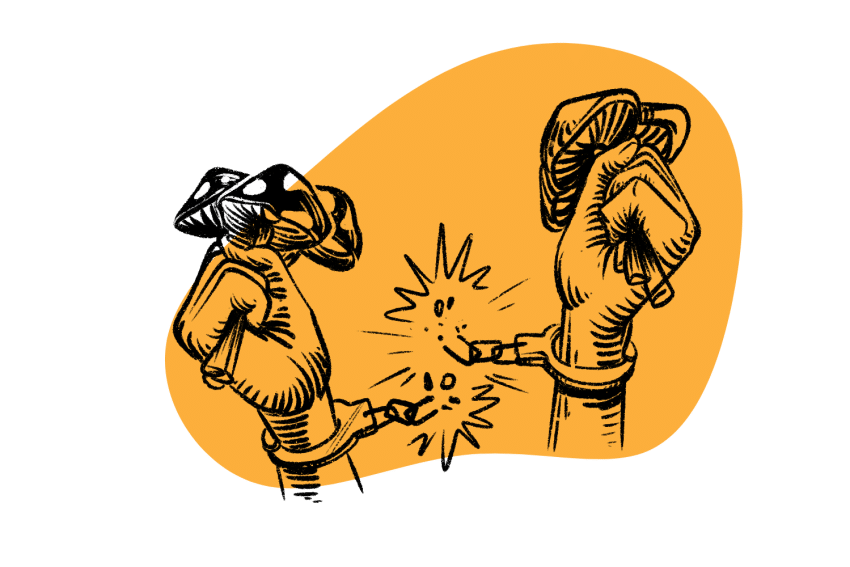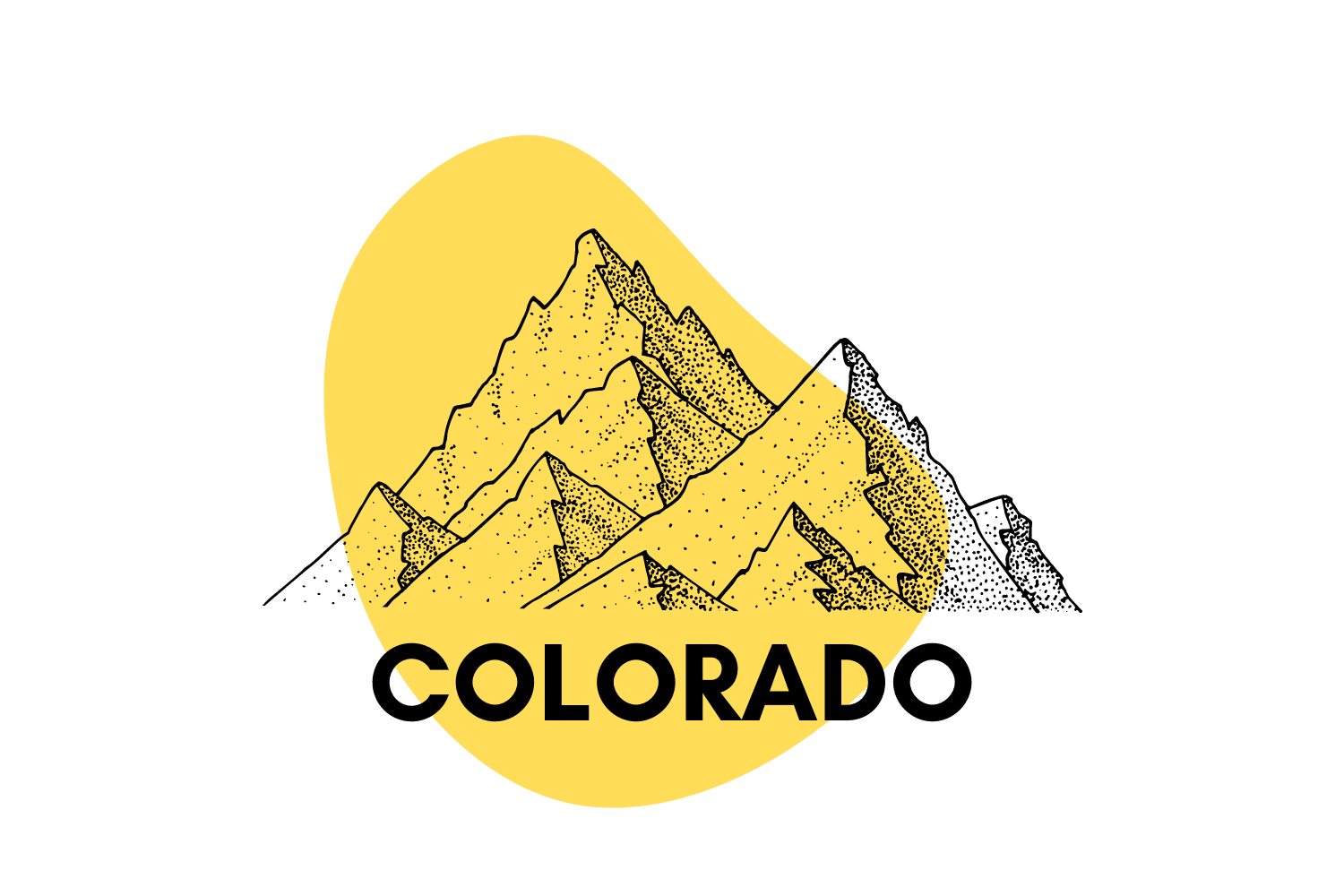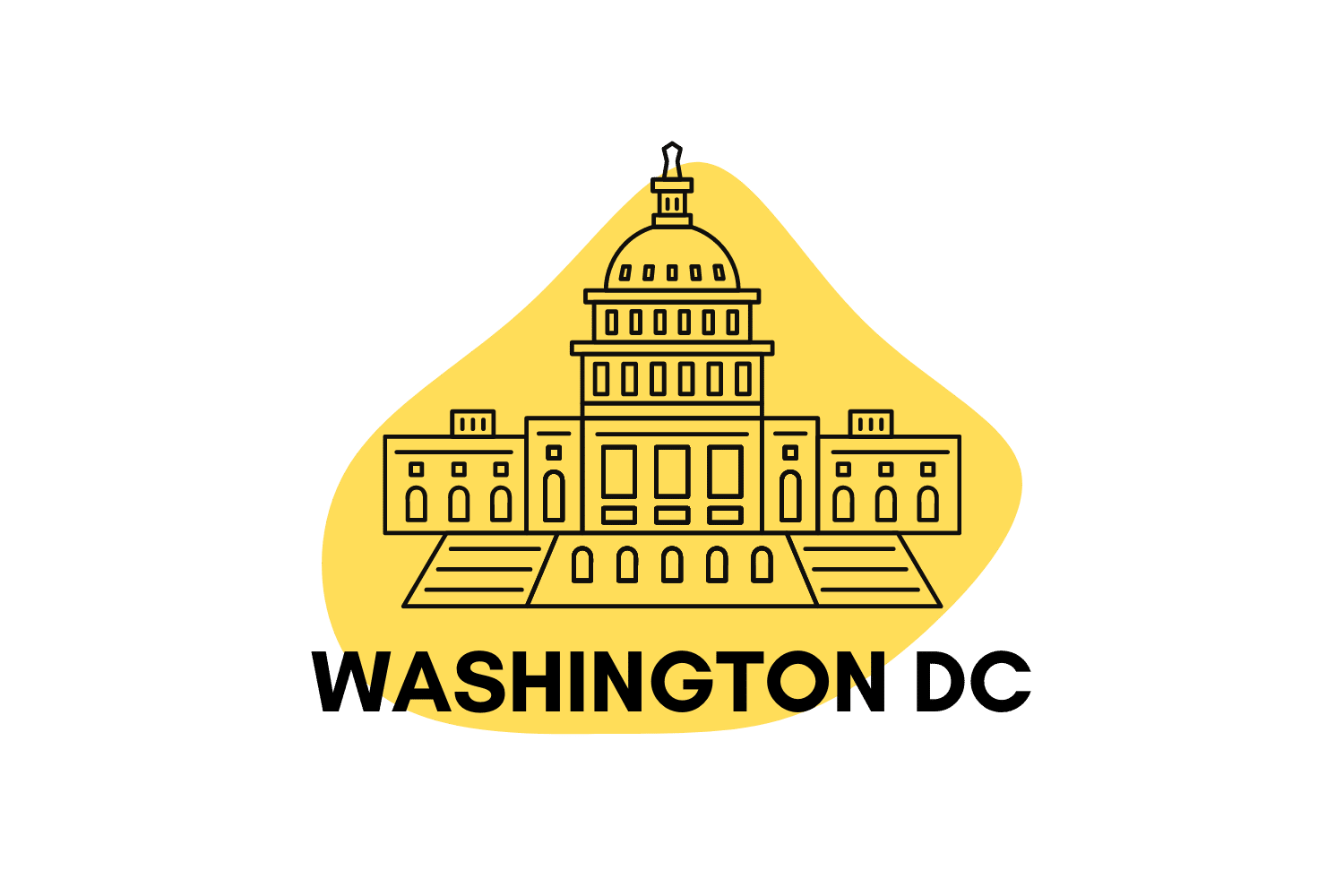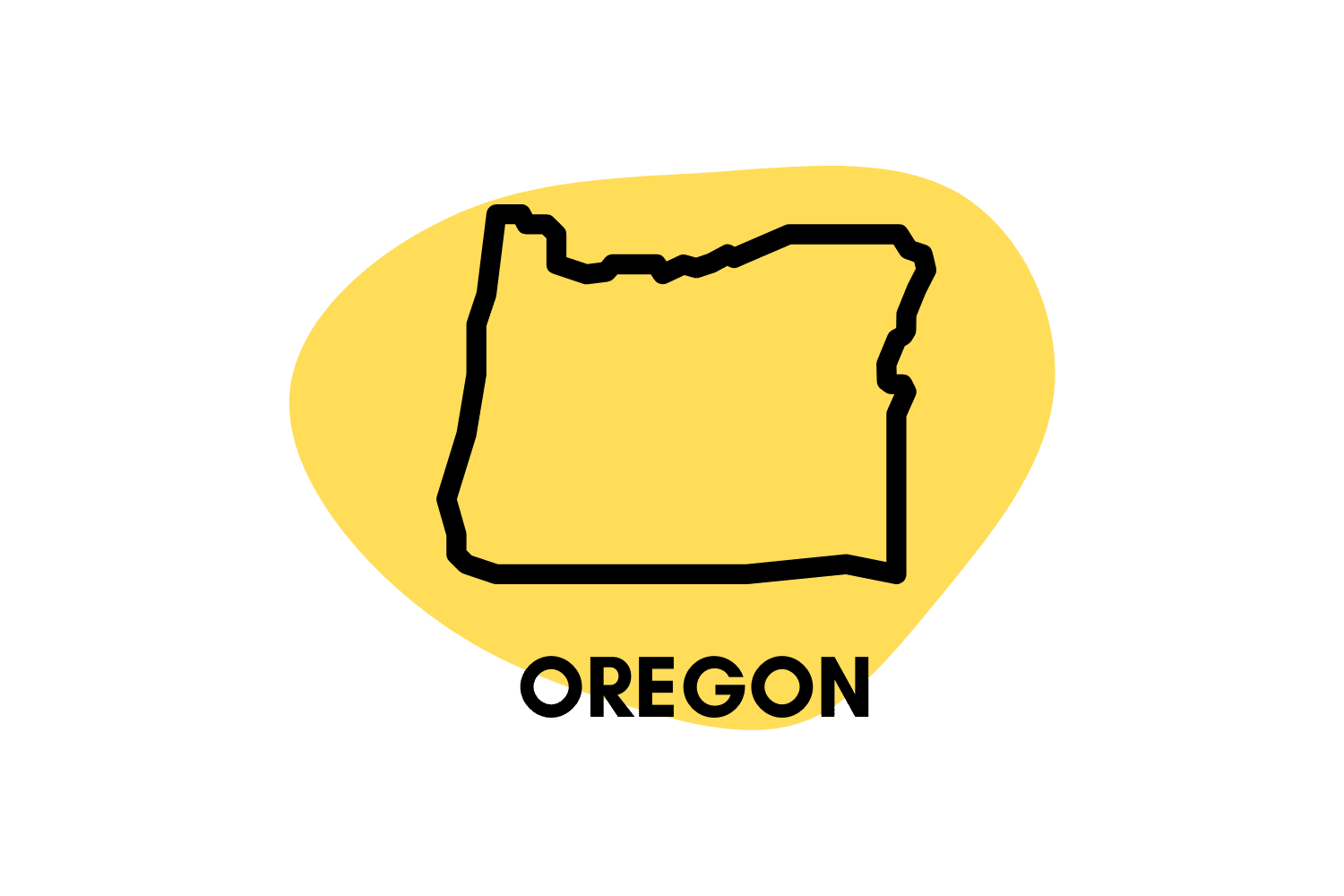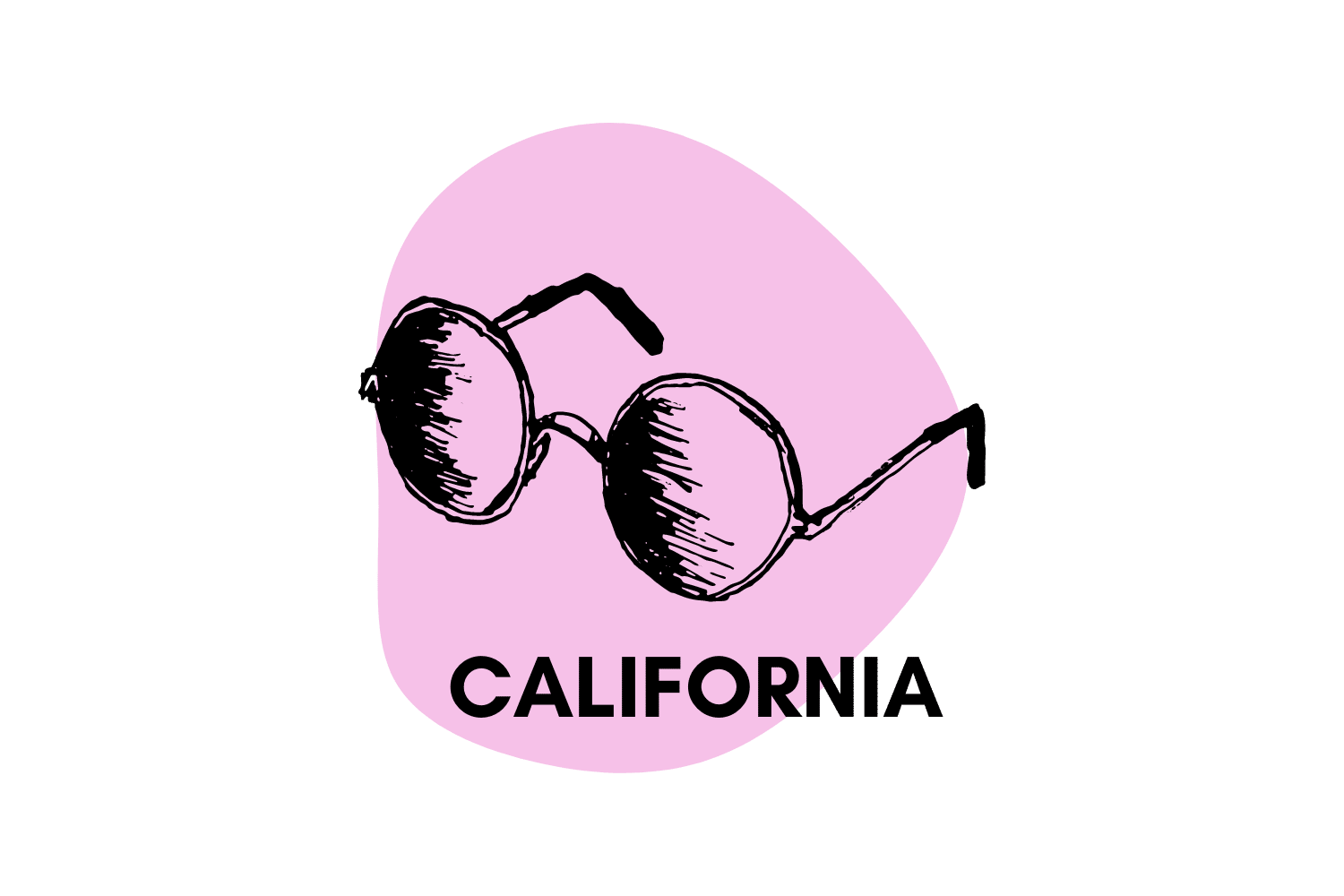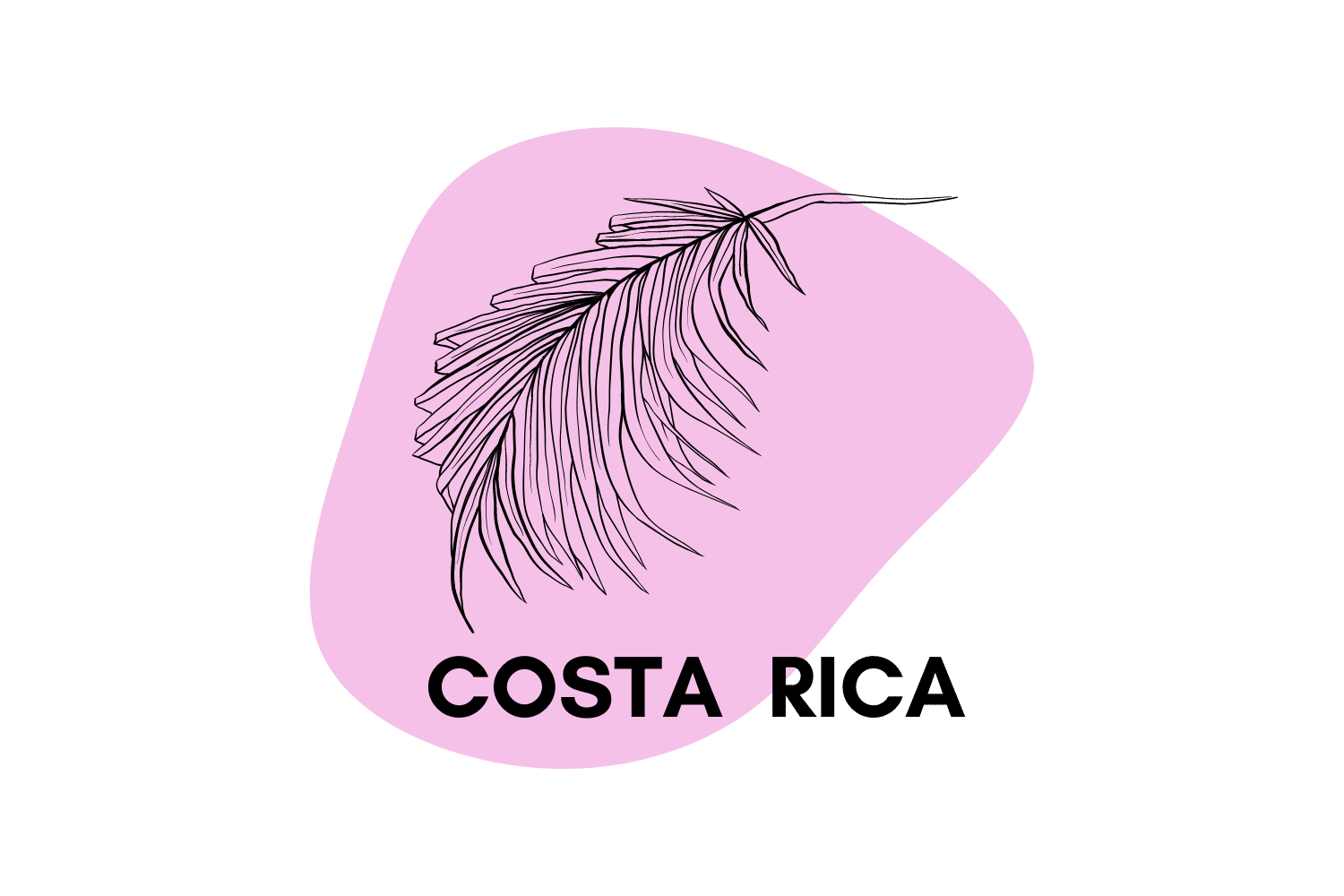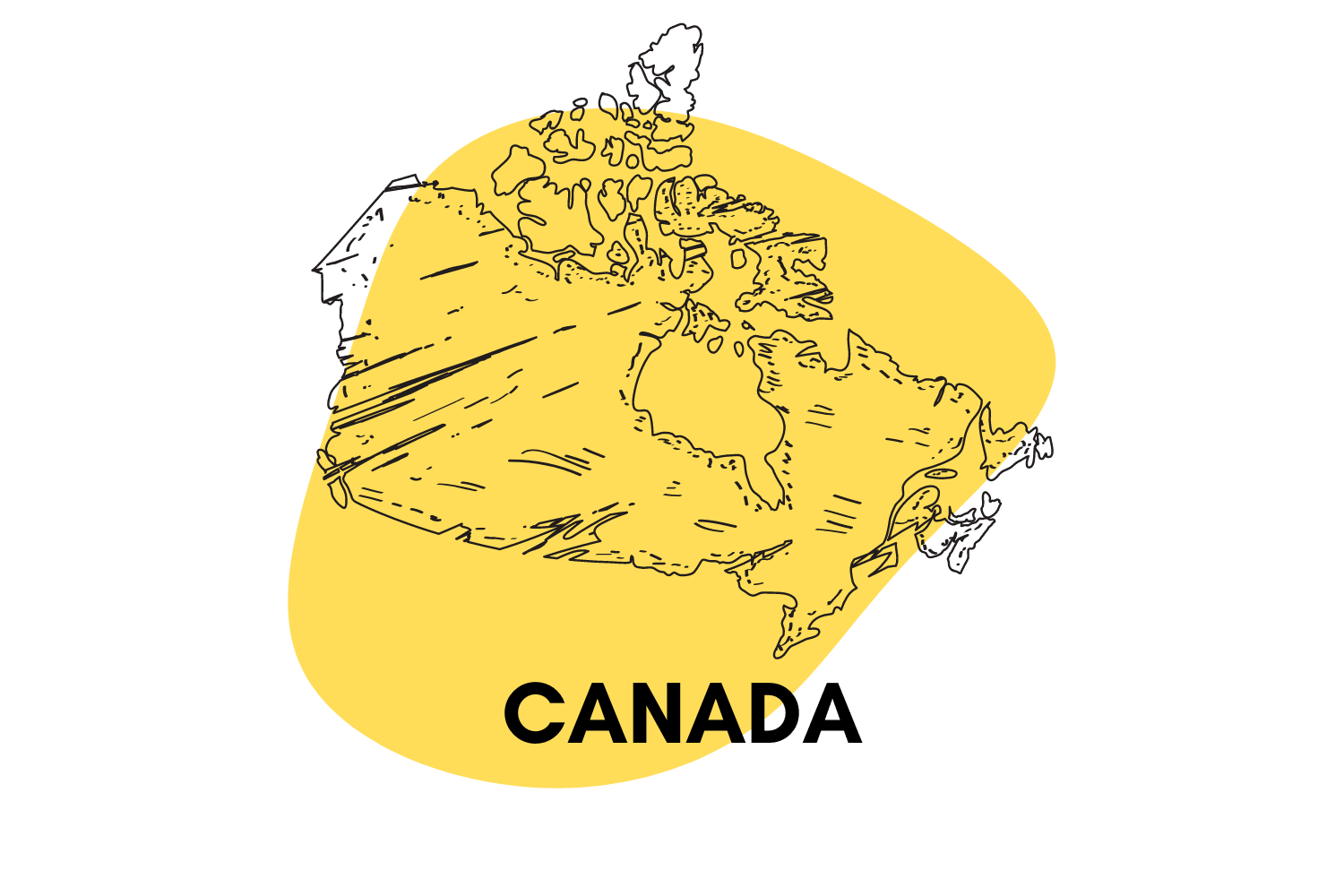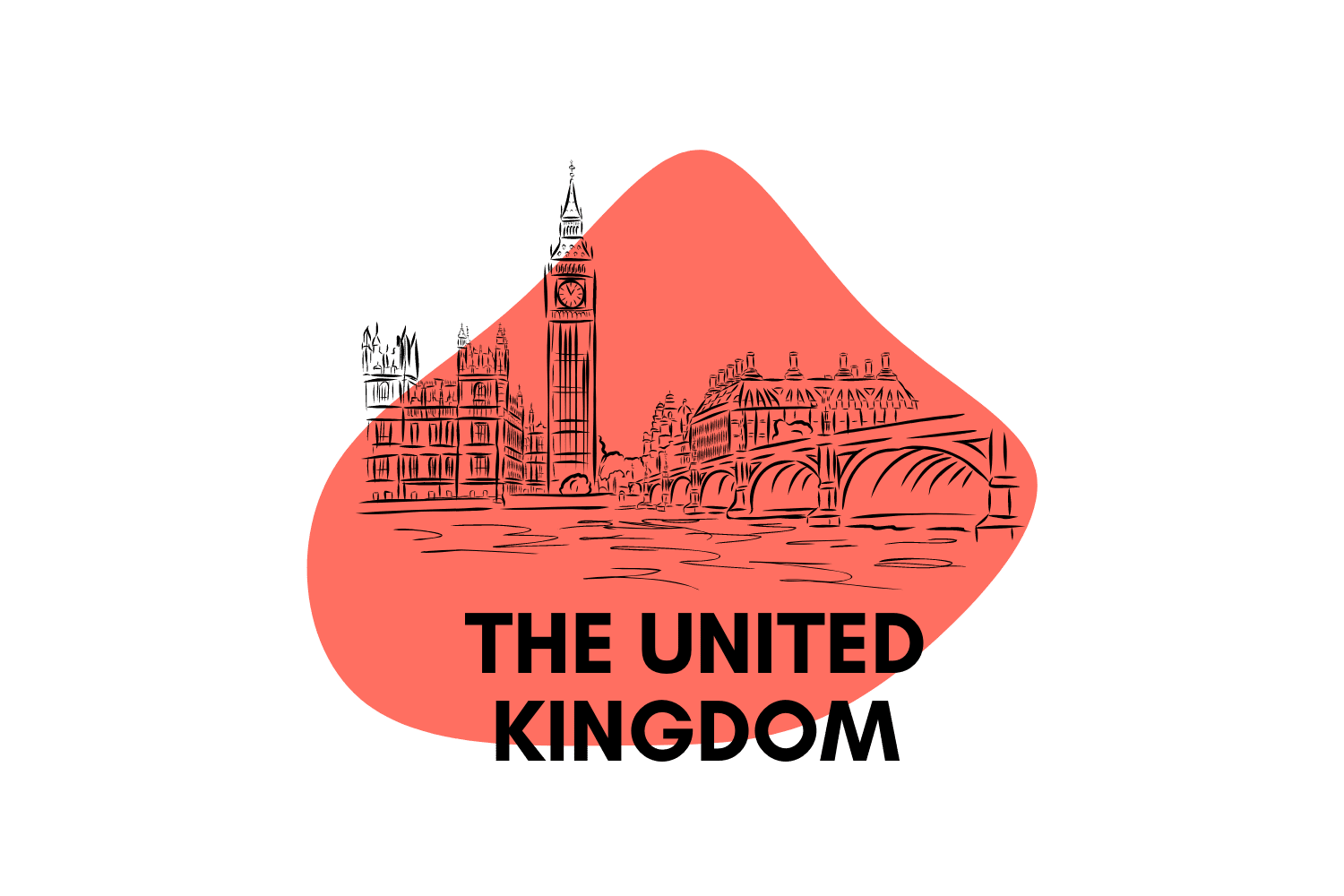Are Psychedelics Legal in Nova Scotia, Canada? Here’s What the Law Says
Shrooms and lobster could be a culinary delight 🦞
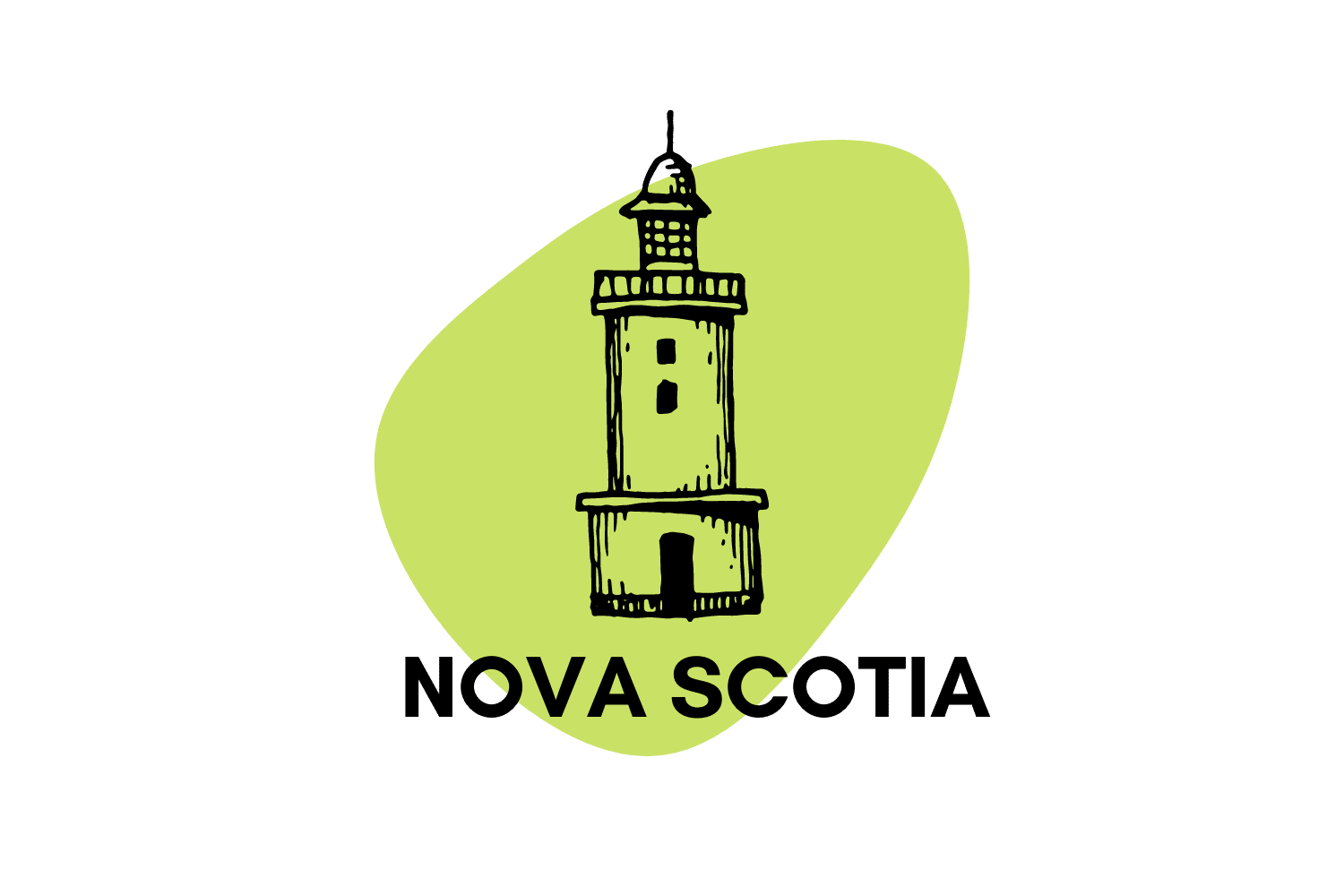
Canada’s drug laws are pretty progressive, as you can legally find marijuana or MDMA-assisted psychotherapy. However, psychedelics are still illegal.
This article will teach you more about the laws concerning psilocybin and other psychedelics in Nova Scotia. Additionally, you will learn about the numerous benefits these drugs possess.
Summary of Psychedelic Drug Laws in Nova Scotia
- Psychedelics are illegal in Nova Scotia, but there is an initiative to decriminalize some.
- Marijuana is legal, both recreational and medicinal.
- Ketamine is a Schedule I substance, so it can only be used in controlled settings.
- The most common mushroom species in Nova Scotia are Psilocybe caerulipes, Psilocybe aztecorum, and Psilocybe semilanceata.
Are Magic Mushrooms Legal in Nova Scotia?
No, magic mushrooms are illegal in Nova Scotia.
However, the penalties are not as harsh as in other countries since Canadian law places the substance in Schedule III of controlled substances. In other words, possessing magic mushrooms can make you spend up to 6 months in prison or receive fines of up to $1000.
Nevertheless, the law allows you to cultivate magic mushrooms under license if you suffer from a specific terminal illness.
In any case, there’s a strong trend towards decriminalizing the substance in Canada. In 2020, a Canadian House of Commons member introduced petition e-2534, which seeks to remove penalties for those who grow, trade, or use mushrooms.
Where to Buy Magic Mushroom Spores in Nova Scotia
You can legally buy magic mushroom spores in Nova Scotia because these don’t contain psilocybin.
However, it’s illegal to cultivate them because once they develop psilocybin, you are committing a crime.
Do Magic Mushrooms Grow Wild in Nova Scotia?
Yes, psychedelic mushrooms grow everywhere, including Canada.
Although there are many species of magic mushrooms, only three grow in Nova Scotia. Below, we will show you where you can find each of them.
Psilocybe Caerulipes
This species is one of the most common in eastern North America, growing from Nova Scotia to North Carolina and west to Michigan.
This fungus grows solitary to cespitose, in deciduous forests, and on hardwood and debris. It also frequents on or around decaying hardwood logs, especially birch, beech, and maple.
Psilocybe Aztecorum
Although this species is found primarily in Central Mexico, there have been several sightings of the species in North America.
To find it, look into decaying woody debris and mountainous areas, grassy meadows, or open woodlands. However, keep in mind that its color can vary according to its hydration: from dark brown to straw yellow or whitish when dry.
Psilocybe Semilanceata
This is one of the most common magic mushrooms, as it is found throughout the Americas, Europe, and parts of Oceania. Search it out in humid areas to see this species.
What Are the Medicinal Uses of Shrooms?
In North America and Europe, there is a movement to legalize psilocybin. This is because there is increasing evidence that demonstrates its benefits. In this section, we will talk about some of them.
One of the most significant findings is that magic mushrooms can reduce depression and combat post-traumatic stress by stimulating neural links. As an extra, psilocybin helps stop cluster headache attacks.
Nevertheless, a study by Johns Hopkins Medicine found that in addition to treating depression, it also helps reduce existential anxiety. People with terminal illnesses often suffer from this condition.
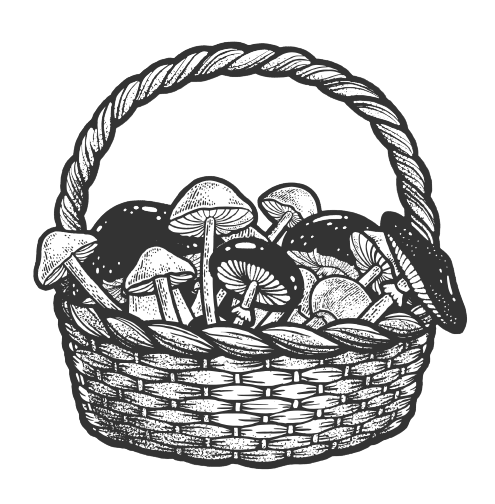
Is LSD legal in Nova Scotia?
No, LSD is illegal throughout the country.
Like psilocybin, LSD (lysergic acid diethylamide) also has multiple therapeutic benefits, such as reducing anxiety and depression.
However, since 1962 it has been a Schedule III controlled substance, which means that you can spend up to 6 months in prison for possessing it.
Since LSD classifies as a controlled substance, it is considered to have a high potential for abuse. Penalties for trafficking can be very harsh, bringing up to six months in prison.
Is DMT Legal in Nova Scotia?
No, DMT is also illegal throughout the country.
DMT, also known as the “spirit molecule”, is a substance mainly used in ayahuasca and changa, but it is also found naturally in some plants and even animals, such as the bufo toad.
Canada’s Controlled Drugs and Substances Act (CDSA) also categorizes this substance as a Schedule III substance, so its penalties are pretty similar. Regardless, it does allow ayahuasca for specific religious organizations.
Is MDMA Legal in Nova Scotia?
No, MDMA (ecstasy) is also illegal in Canada.
The CDSA places it as a Schedule I controlled substance and considers it more dangerous than the previous ones. Moreover, the penalties for possession of ecstasy can be up to 7 years of imprisonment.
However, Canada is one of the few countries that does accept MDMA-assisted psychotherapy — used for treating depression and anxiety.
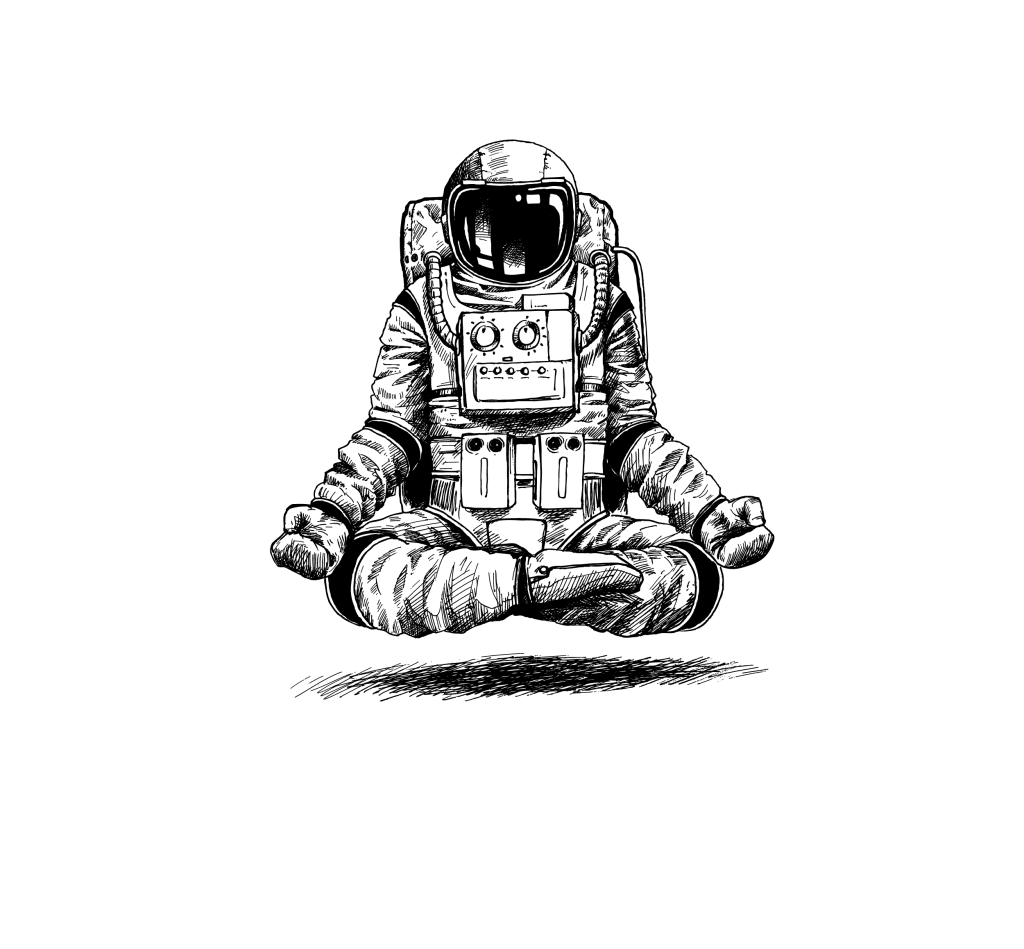
Is Ketamine Legal in Nova Scotia?
No, ketamine is also illegal in the country.
Ketamine is not only used to sedate animals. Recent studies have shown that it also has multiple therapeutic benefits.
Even so, the law places it on Schedule I of controlled substances, so you can spend up to 7 years in prison for possessing it.
Is Marijuana Legal in Nova Scotia?
Yes, marijuana is legal in Canada, both for medicinal and recreational use.
You can access different isomers such as delta 8 THC, delta 9, and delta 10, but you should be aware that the Cannabis Act imposes certain limits.
You can only possess up to 30 grams and up to 4 plants in your home if you are over 18 years old. If you wish to use it medicinally, you will need the respective documentation provided by your family doctor.
What’s the Difference Between Legalization & Decriminalization?
Decriminalization and legalization are different concepts.
Legalization is the complete abolition of penalties, allowing for purer products and reduced criminal activity.
Decriminalization simply refers to reducing specific penalties, a stepping stone for legalization. This process dramatically encourages a positive public attitude towards drugs, rehabilitation centers, and awareness campaigns.
Psychedelic Laws in Other Canadian Provinces
Some provinces treat drug offenses differently than Nova Scotia.
- Psychedelics in Alberta
- Psychedelics in British Columbia
- Psychedelics in New Brunswick
- Psychedelics in Newfoundland and Labrador
- Psychedelics in Northwest Territories
- Psychedelics in Nunavut
- Psychedelics in Manitoba
- Psychedelics in Ontario
- Psychedelics in Prince Edward Island
- Psychedelics in Quebec
- Psychedelics in Saskatchewan
- Psychedelics in Yukon
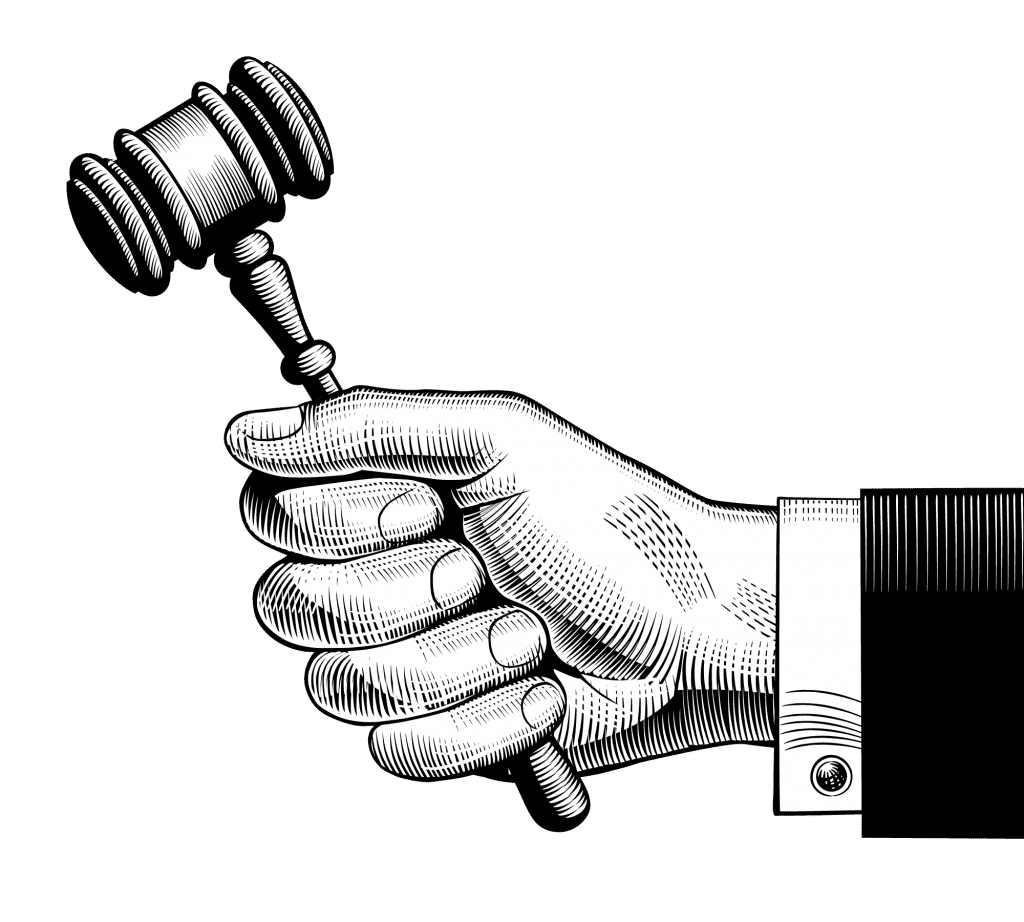
Key Takeaways: What’s the Future of Psychedelics in Nova Scotia?
In Canada, you can legally find marijuana and MDMA-assisted psychotherapy, which is a clear sign of a strong inclination towards the legalization of psychedelics in the country.
For this reason, we believe that in the not-too-distant future, the laws will be finally lifted, or at least penalties reduced.

